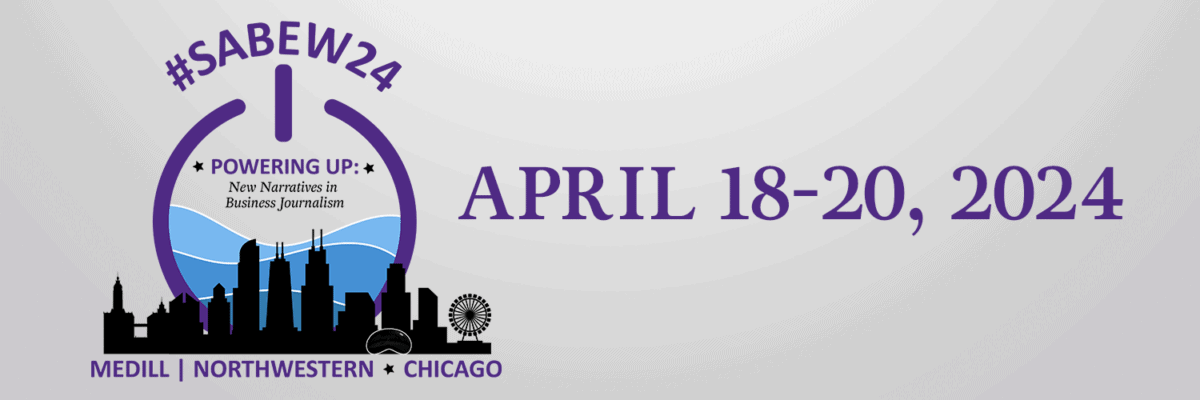By Tony Walsh
Noah Collins almost passed on the opportunity to earn a college degree.
Collins said he underperformed in high school because he was not aware of the options to make higher education affordable.
“I had this pessimistic view that I wouldn’t be able to afford it anyways,” he said. “I just did the bare minimum.”
Collins eventually discovered ways to afford an education through financial aid, including student loans.
“I found out there was a way to pay for it,” he said. “There was HOPE, Pell Grant, and unfortunately student loans.”
The HOPE Scholarship is available to Georgia residents attending an in-state school who maintain a 3.0 GPA throughout college to pay for the costs of education, according to the Georgia Student Finance Commission.
The Pell Grant is a government subsidy for undergraduate students working on their first degree who have exceptional financial need, according to the U.S. Federal Student Aid office.
While the HOPE Scholarship and Pell Grant do not have to be repaid, student loans do, but Collins said his loans were necessary for him to pay for his college degree.
“It sucks to have student loans, but it’s necessary and if you go in-state, it’s not that bad,” he said.
Collins said his student loans have piled up, but said the loans he has accumulated over the years are worth a college degree.
“Taking on a little extra seemed like the benefit was worth the cost so why not come (to college)?” he said.
Collins plans to graduate in spring 2019 and understands paying back his loans will add another aspect of financial responsibility to his future.
“I do think more future-oriented,” he said. “I’m going to have to pay these loans off so I need to start setting things up, get a career, start making a plan.”
Michael Thomas, a doctoral candidate for financial planning in UGA’s College of Family and Consumer Science, said students like Collins can create a plan to better manage their debt.
Thomas said students are often unaware of the immediate help they have around them that can be beneficial for future financial decisions.
“Seeking out a financial planner or counselor, for someone who’s just graduating, to organize their financial affairs and these immediate decisions that are going to have long term consequences on their financial life, it’s a big deal,” he said.
Thomas said most students wait to make a plan for paying their student loans until after graduation. He emphasized the importance of thesix-month“grace period” students often have after graduation where they do not have to make any loan payments.
“That six-month period after graduation is incredibly pivotal,” he said. “The big piece there is being able to manage your cash flow(s) by looking at income-based repayment plans, stretching out your payments,” he said.
Thomas said students can manage their cash flow, or the money they earn to use on expenses, by choosing income-based repayment plans provided by loan companies to adjust their monthly loan payments based on their income. Students can also stretch out their monthly payments into 20-year periods instead of 10 years to minimize their payments in the short term.
Tony Walsh is a journalism student at the University of Georgia’s Grady College of Journalism and Mass Communication.






